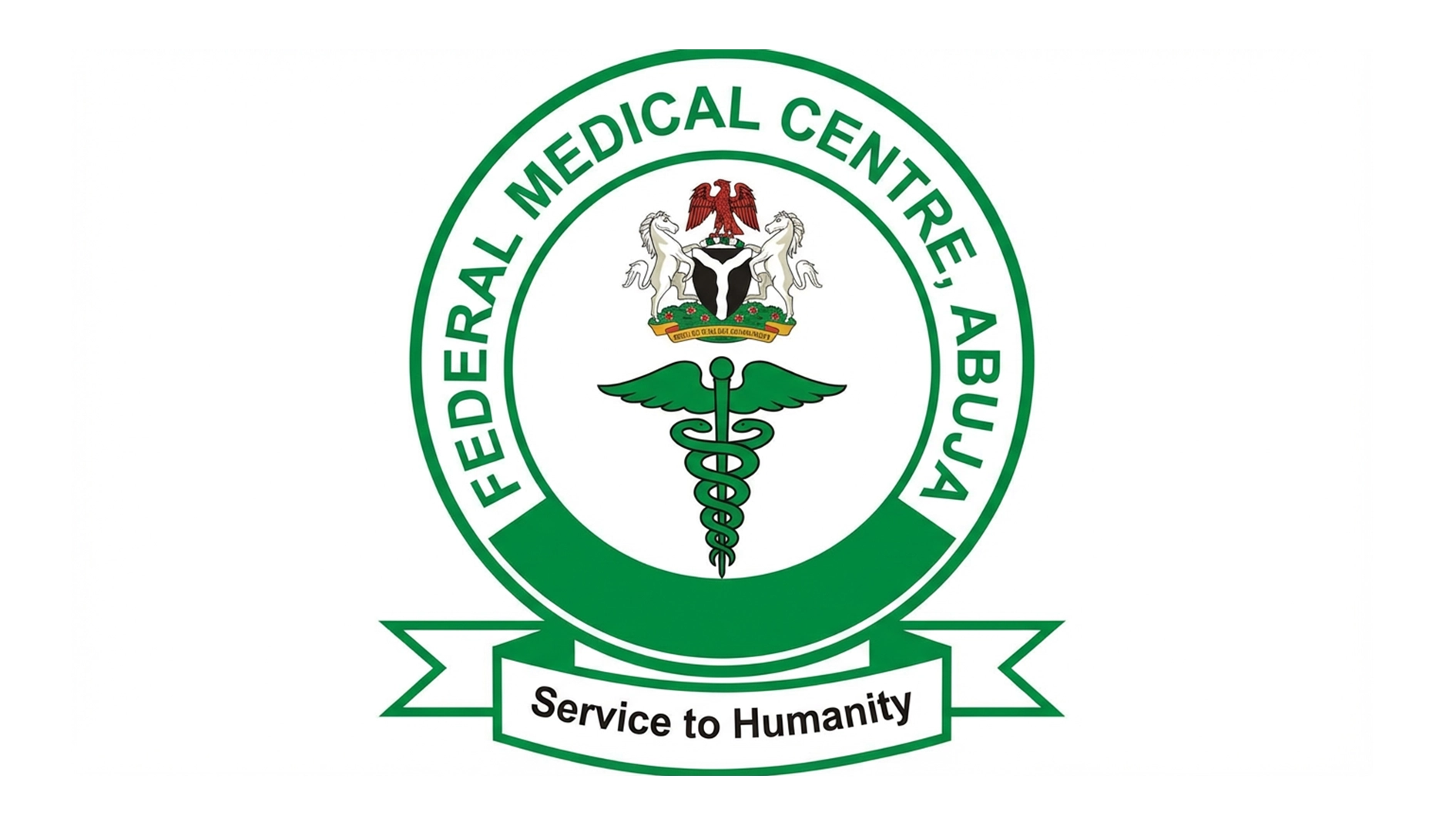 Experts have said that Nigeria faces significant challenges in reproductive health, including high maternal and infant mortality rates, unplanned pregnancies, and limited access to contraceptive methods.
Experts have said that Nigeria faces significant challenges in reproductive health, including high maternal and infant mortality rates, unplanned pregnancies, and limited access to contraceptive methods.
They noted that effective Family Planning (FP) services can reduce maternal and infant mortality and improve quality of life and economic empowerment, particularly for women.
Speaking at the National Family Conference organised by the Federal Ministry of Health and Social Welfare in partnership with the Association for the Advancement of Family Planning (AAFP), former Minister of Health, Prof Isaac Adewole, said over 19 per cent of married women in Nigeria have an unmet need for contraceptives, and leading to increased health risks.
He observed that family planning is a cornerstone of the country’s health system and a key driver of national development, stressing that by prioritising family, Nigeria can enhance its health system and empower individuals to make informed choices about their reproductive health.
Adewole stated that to accelerate progress towards achieving FP2030, the government should prioritise domestic funding, strengthen the supply chain, and integrate FP into essential services.
He also emphasised the need for the government to empower young people, who make up over half of Nigeria’s population, with youth-friendly family planning services.
“We need to provide adolescents and young adults with accurate information and accessible resources to make informed reproductive choices. The cultural and religious barriers that prevent many Nigerians from accessing FP services must be addressed for the country to make progress toward the FP target.”
He stressed the need to engage with community leaders, faith-based organisations and traditional rulers to promote accurate information and build trust. “We need to ensure that our FP programmes are evidence-based, data-driven, and responsive to the needs of all Nigerians, particularly the most vulnerable and marginalised populations.
“We also need to strengthen our partnerships with development partners, civil society organisations, and the private sector to leverage resources, expertise, and innovation to accelerate progress,” Adewole said.
The Executive Director of FP2030, Samukeliso Dube, hinted that many countries are making progress in ensuring access to contraceptives, and Nigeria cannot be left behind.
She disclosed that there are about 98 million new users of modern contraceptives globally. “FP2030 sort to achieve 120 million additional users of FP by 2020, today we are standing at 98 million new users of modern contraceptives globally,” she added.
Speaking during a panel session, the Deputy Director of Family Health, Bill and Melinda Gates Foundation (BMGF), Rodeo Diallo, stressed the need for religious leaders to work towards supporting family planning in Nigeria to improve maternal health in the country.
On his part, the Chairman of the Local Organising Committee, Dr Ejike Orji, said that the high fertility rates in the country coupled with low family planning uptake contribute to poor maternal and child health outcomes and exacerbate rapid population growth.
He advocated innovative solutions to enable Nigeria to achieve the Family Planning 2030 targets. Orji observed that family planning is far more than a health innovation, but a transformative tool that empowers individuals, strengthens families, and accelerates national development.
He stated that family planning saves lives, reduces maternal and infant mortality, promotes gender equity, and also advances social and economic progress. Orji added that every dollar invested in contraceptive services saves three dollars in maternal and newborn health costs by reducing unintended pregnancies.
He said: “These savings unlock critical investments in education, infrastructure, and healthcare, and fostering the conditions needed to achieve Nigeria’s demographic dividend.”
Orji observed that despite the progress made in family planning programmes, challenges persist, adding that disparities in assets shaped by regional, educational, and socioeconomic differences continue to deny millions of women and girls the autonomy to make decisions about their reproductive health.
According to him, the unmet contraceptive needs and low contraceptive prevalence rate in Nigeria signal the need for intensified efforts.
He observed that over 222 million women in developing countries face an unmet need for modern contraception, underscoring the urgency of our shared mission.
While stressing the need to strengthen advocacy, improve supply chains, and promote innovative solutions, Orji commended the Federal Government’s renewed commitment to the 2030 global initiative by setting a financial target of 1 per cent of the health budget to be set aside for family planning.
He also commended the plan to integrate family planning into the health care fund to guarantee free services for marginalised groups.
He stressed the need to address equity inclusion and vulnerability in family planning programmes in Nigeria and make family planning programmes more equitable and inclusive, especially for vulnerable populations, marginalised populations, and persons with disabilities.
The Co-Principal Investigator, Performance Monitoring for Action, Funmilola Olaolorun, said for the country to meet the FP2030 target, the Modern contraceptive prevalence (mCPR) must increase by two per cent yearly.
She said, “Business as usual will not get us there. At the current pace, it would take five years to achieve a two-percentage-point increase.”
She, however, said with proper funding, motivation and dedication, the country can exceed the FP2030 target.






